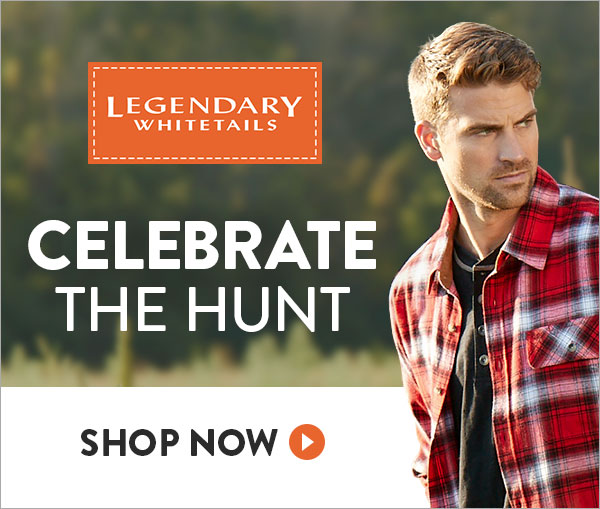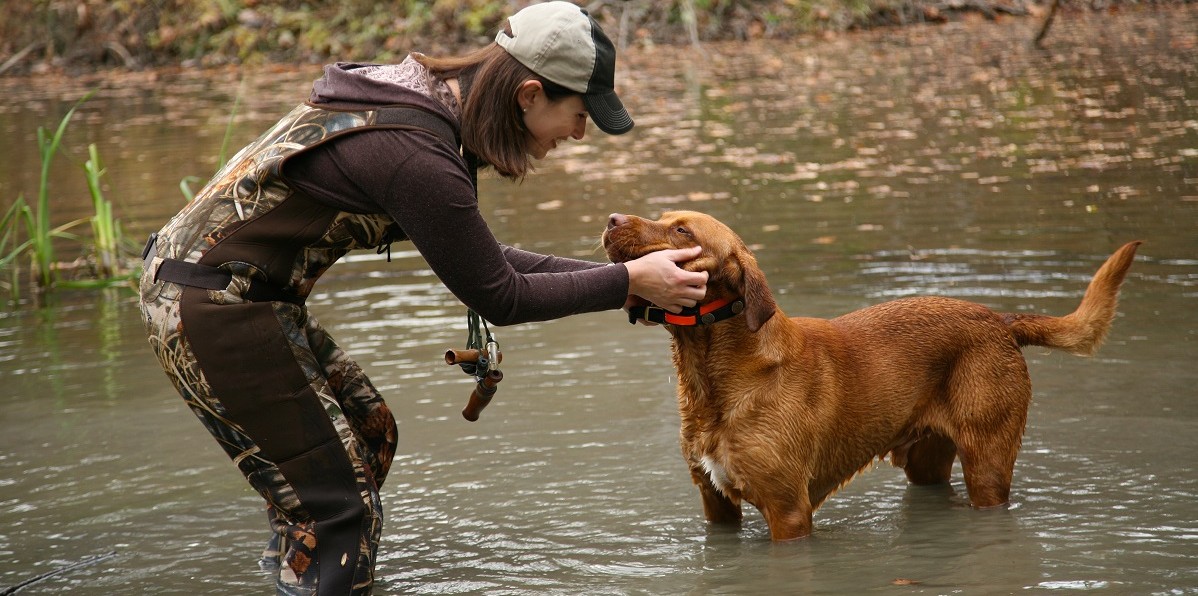You’ve probably read one of the stories or seen one of the videos: Hunters find a whitetail stranded on ice, or caught in a swirling river, and help her reach solid ground.
Or hunters find two whitetails with their antlers locked together. One of the bucks is dead, the other exhausted. Taking a saw to antler, the hunters cut the survivor free.
Or hunters find a deer with his antlers tangled in fencing or baling wire, and set him free with clippers.
To many people unfamiliar with hunting, these scenes seem bizarre. In their view, hunting is about killing, not kindness.
To many hunters, on the other hand, these scenes make perfect sense. We respect animals. We dislike needless suffering.
We do kill, of course. As October and November roll around each year, deer hunters across the continent head to the field, aiming to take home a whitetail. But our actions and feelings—and our willingness to take a deer’s life—all depend on the circumstances.
When we hunt, the animals are free-ranging. Most days, they elude us. That’s what makes it “hunting,” not merely “killing.”
A deer helplessly tangled in wire or stranded on ice presents a completely different circumstance, and a choice: leave the animal to his or her fate, or take action. Whatever choice we make, there is no “hunting” to be done.
Thinking about people who come to the aid of helpless ungulates, I’m reminded of the undercover video shot by Humane Society investigators at the Westland/Hallmark slaughterhouse. Within weeks of the video’s January 2008 release, the company recalled 143 million pounds of beef—the largest meat recall in American history.
The official concern behind the recall was a potential link between “downer” cows and mad cow disease. But public discussion and outrage were focused on the sheer brutality displayed. In the video, one cow is at the back of a truck, too weak to stand. No one tries to help her, and she is not mercifully killed as required by law. Instead, she’s shocked and prodded from behind. She thrashes and bawls, but can’t get up. The workers attach a chain to her foreleg and drag her from the truck with a forklift. Then the forklift shoves and rolls her along the concrete, eventually running over her leg and head.
It may seem strange to draw a parallel between those Humane Society investigators and hunters who try to save helpless deer. The Humane Society, after all, campaigns against hunting. But the moral instincts that guide conscientious hunters are the same moral instincts the Humane Society appeals to. The belief that animals—wild and domestic—should be treated humanely is not a radical, fringe idea. It is shared by most Americans, hunters and non-hunters alike.

Granted, our definitions of humane treatment vary.
Granted, too, not everyone has an animal-treatment ethic of any kind. Some people intentionally inflict prolonged suffering on livestock and pets. Some do the same to wildlife.
I’m not certain that such sadism and callous disregard are any more common among hunters than among non-hunters. What I am certain of is this: Neither I nor anyone I have hunted with would participate in the kind of torture conducted at Westland/Hallmark, the kind disguised by tidy plastic packages in supermarket coolers.
When we hunt, we do so carefully. When an opportunity comes along, we take the moment seriously. If there’s any doubt about the shot, any likelihood that the whitetail will suffer, we know we should let the moment pass. We do our best to make death swift. And we value venison more than anything we could buy in a store.







